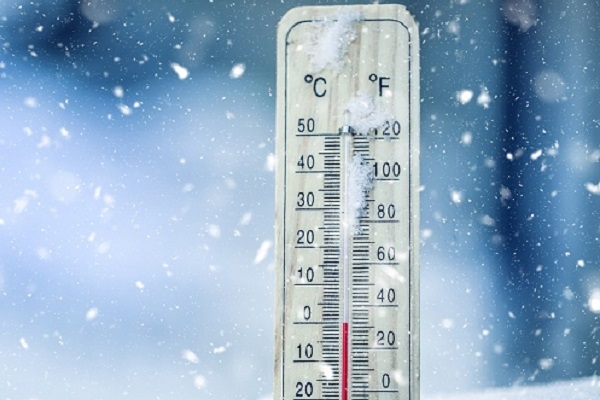Dark nights, difficult weather, drunk passengers… hazards and risks increase in the cold winter months. Use our round-up as a personal safety prompt

Warm comfort
Why does staying warm matter? It helps you stay well. Being cold makes it harder to fight viruses and infections too. We regulate our own temperature automatically, but keeping yourself warm (without overheating) helps your body to function well.
Hypothermia is where body temperature drops dangerously and is an emergency that needs hospital treatment. Symptoms include shivering, slurred speech, slow breathing, tiredness or confusion, as well as skin that’s pale, cold, dry and even slightly blue.
Ways to stay warm
- Wrap up in clothing layers, including a thermal under-layer and a windproof/waterproof top layer. Go indoors when possible.
- Wear a hat, gloves or hand-warmers, and thick socks.
- Remove wet clothing when possible. Wear appropriate PPE.
- Have hot drinks regularly. Stay hydrated.
- Have at least one hot meal a day.
- Move about to boost blood circulation and release muscle tension.
Control measures for temperature at work (HSE)
Lone working and fatigue
Working alone gets riskier as days shorten, meaning work or travel in the dark, or pressure to do more in less time. Dealing with an incident is more difficult alone, especially in poor weather. Employers have a responsibility towards lone workers, including contractors or the self-employed working for them. Ask your employer to explain their lone working practices and procedures and how they relate to your role.
Remember: find out how to get first aid; keep in contact – make sure at least one person knows where you are; take breaks; eat regularly and choose foods for an energy boost.
Read more: Staying safe when working alone
Work-related violence
Especially if you often work alone, find out from your employer how to get help if an abusive or violent incident occurs. How do they or the site owner want you to report any incidents, including other safety incidents or real-time issues? If you have a general concern about work-related violence, you can always raise it with CIRAS confidentially.
See Violence at work: it's never normal for more about work-related violence.
Slips, trips and falls
Most major injuries at railway stations are because of slips, trips and falls. They are a common cause of injuries in many workplaces. Help reduce them by keeping paths clear of ice or tidying up trailing cables for example.
Companies address seasonal risks in many ways. Examples from our members: using video calls to conduct a site briefing the day before; providing on-site wind shelters and drying rooms; winter driving packs containing water, hand warmers, a hi-vis vest, wind-up torch and scraper; briefings on winter vehicle readiness; and dual-SIM work phones to provide extra signal coverage when driving alone.
Could your workplace do more on winter safety? Are arrangements in place but not working for you, perhaps because you have different needs? Raise your concerns with us and we’ll make sure they’re heard.
Winter blues
Winter blues, or seasonal affective disorder (SAD) affects around two million people in the UK. Symptoms include depression, overeating, sleep problems and irritability. These tips might help you to manage your SAD:
- Keep active – even just a quick walk in the day can help.
- Get outside – get out in natural daylight and sit near windows.
- Keep warm – staying warm can reduce the winter blues by half.
- Eat healthily – boost your mood with food. A healthy balanced diet will give you energy.
- See friends and family – enough said!
- Choose light therapy – you could buy a light box to sit in front of for up to two hours a day.
- Start a new hobby – give yourself something to look forward to and focus on.
You can see your GP for information on talking treatments available, such as counselling and cognitive behavioural therapy (CBT), or for medical help. There are also support groups around the UK that allow you to share your experiences in a therapeutic way.
Tips for winter blues from the transport industry A.D.V.I.C.E. wellbeing group
See also
Tags
- Infrastructure Managers
